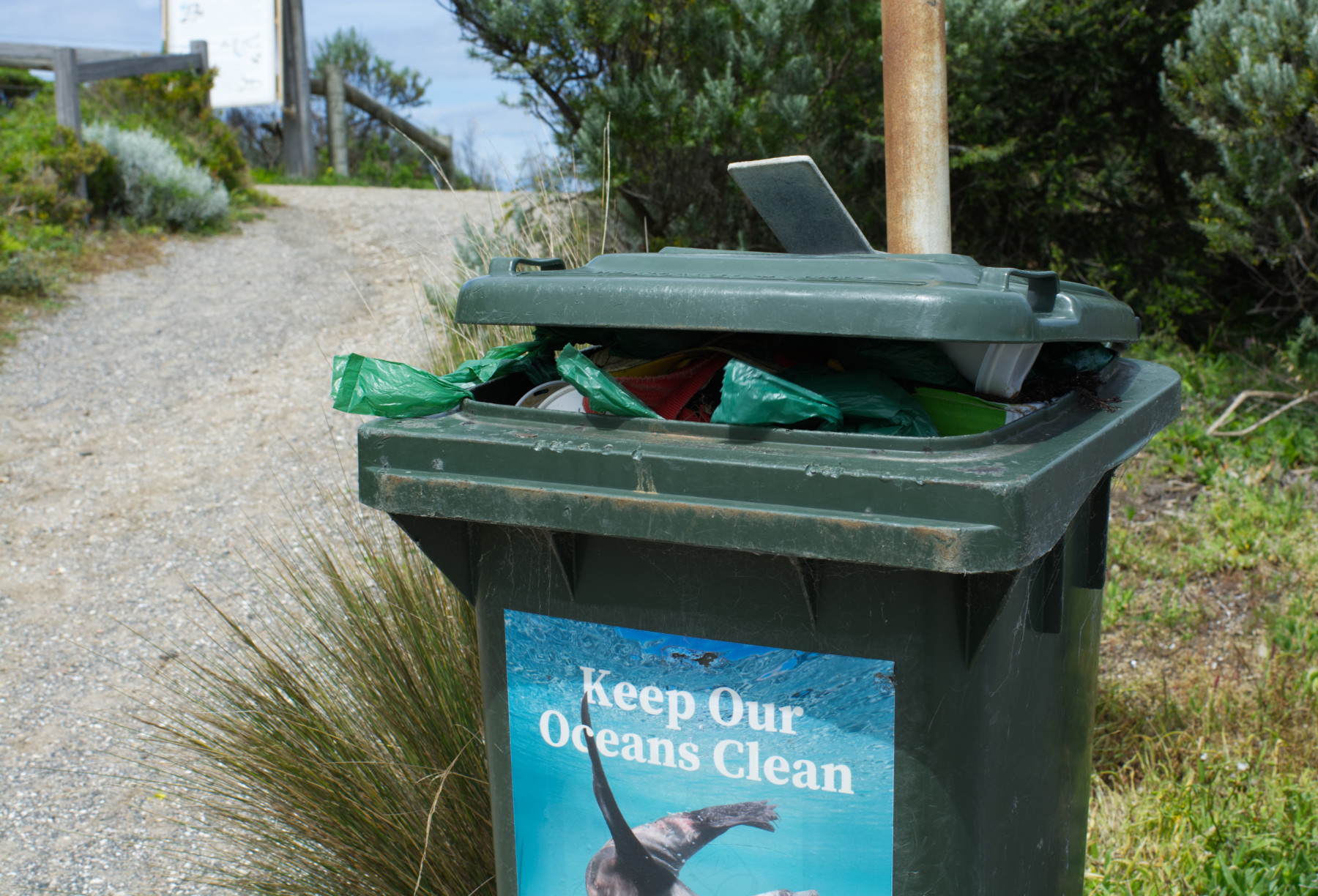
Litter
We all love our beautiful natural spaces and the last thing we want to see is rubbish strewn across the landscape or on our beautiful coast. Litter is however not just a visual problem as it can cause harm to our wildlife. Many animals mistakenly eat plastics or become entangled. The consequence of this may include injury, starvation, suffocation and death.
Plastics do not break down, instead they break up into smaller and smaller pieces. These smaller pieces, include microplastics and even smaller nano-plastics, can make there way into marine food chains and even enter the human body through the food we eat. Plastics enter our oceans from storm water drains, play equipment left on the beach, rubbish, tidal movement, wind, or the rain.
Everybody knows that all types of plastic and litter do not belong in any landscapes or waterway. This rubbish not only damages the environment, wildlife and people, it is also unsightly.
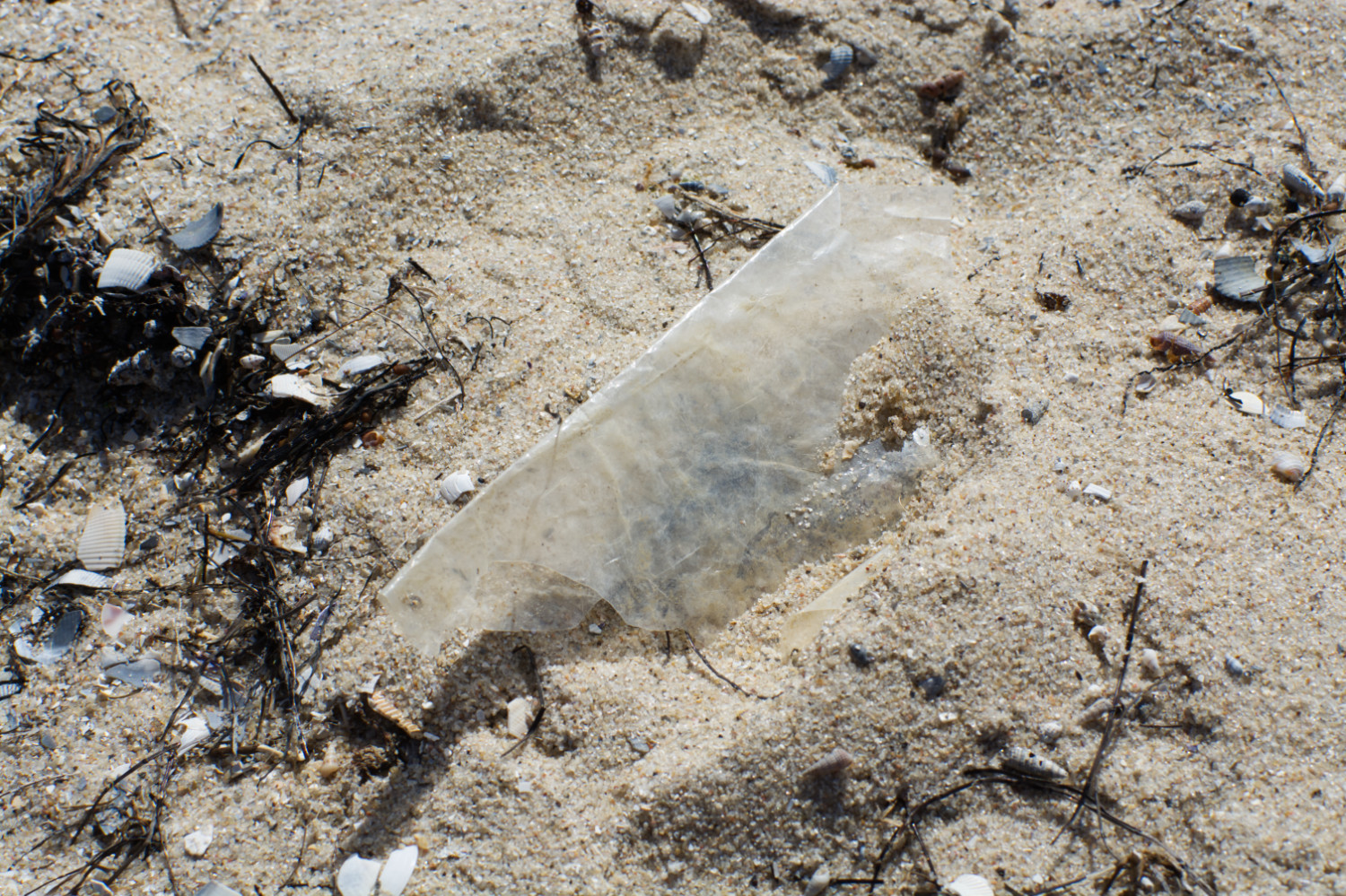
Common litter
- single use bottles, coffee cups, bottle tops
- plastic bags and food packaging
- dog poo and poo bags
- straws
- cigarette butts
- wipes
- beach toys
- balloons
How can you help
- Dispose of litter responsible
- Join in beach clean activities
- Take 3 for the Sea bits of rubbish away every time you visit the coast
- Think of buying better alternative products
- Try going zero waste
- Keep balloons inside
- Avoid single use items – reuse
- Take all your items when leaving the beach
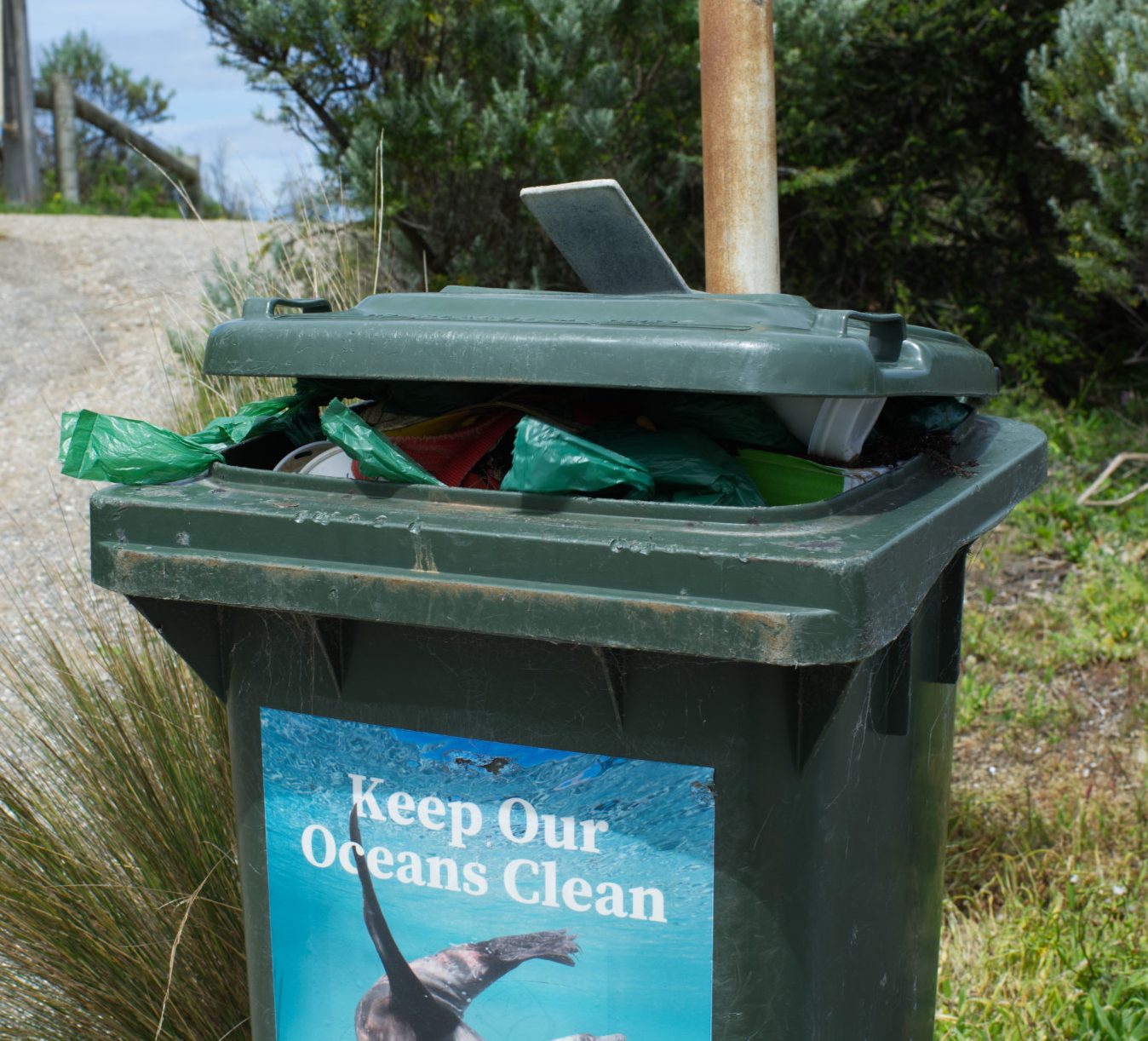
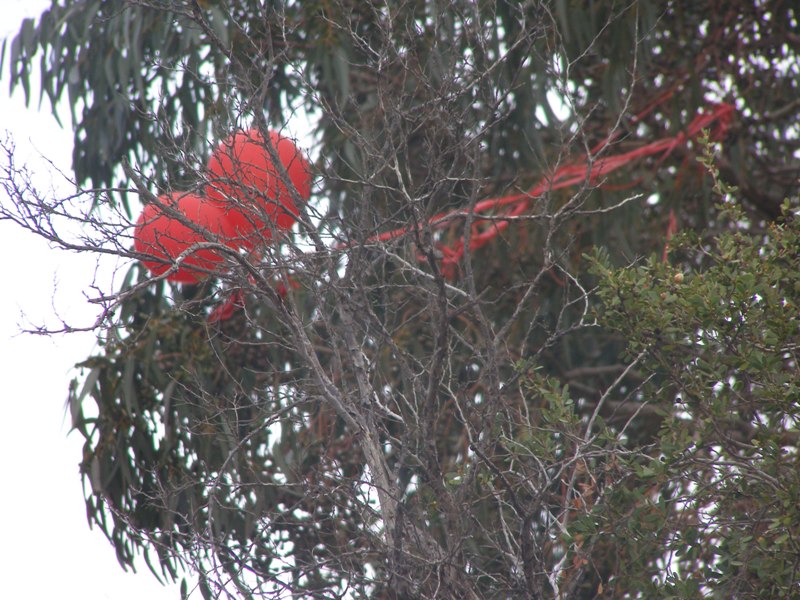
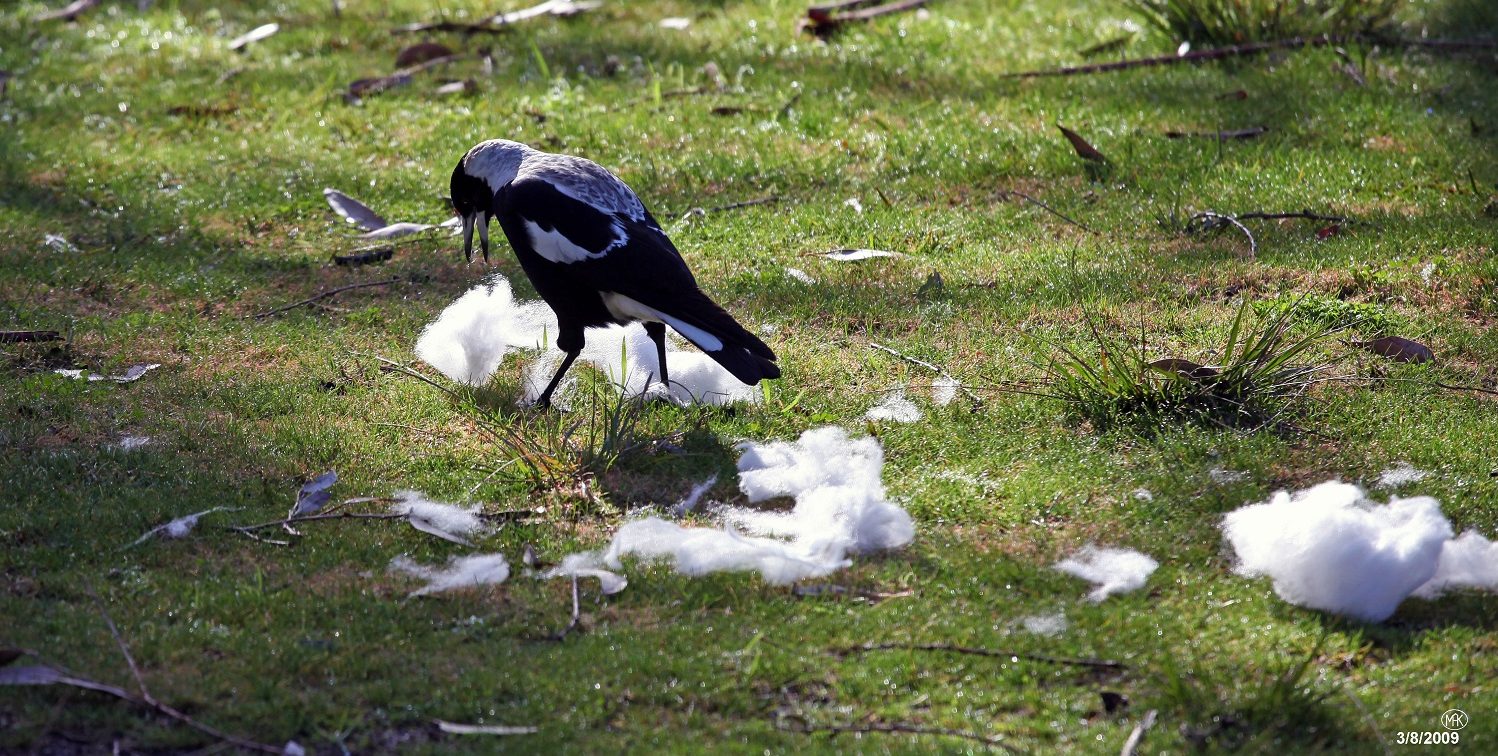
Learn more
Click any of the buttons below to explore resources and further information.
Other litter
Because of the increasing concentration of dogs on our coastline, the volume of dog poo entering our estuary and coastline has also increased causing significant harm. The impacts are not only visual and unpleasant when lying on the beach but we can smell it too. It is messy when stepped on, and can cause wildlife and human disease. And when it is not picked up more dog poo is allowed to enter the water. So now we are swimming in it as well.
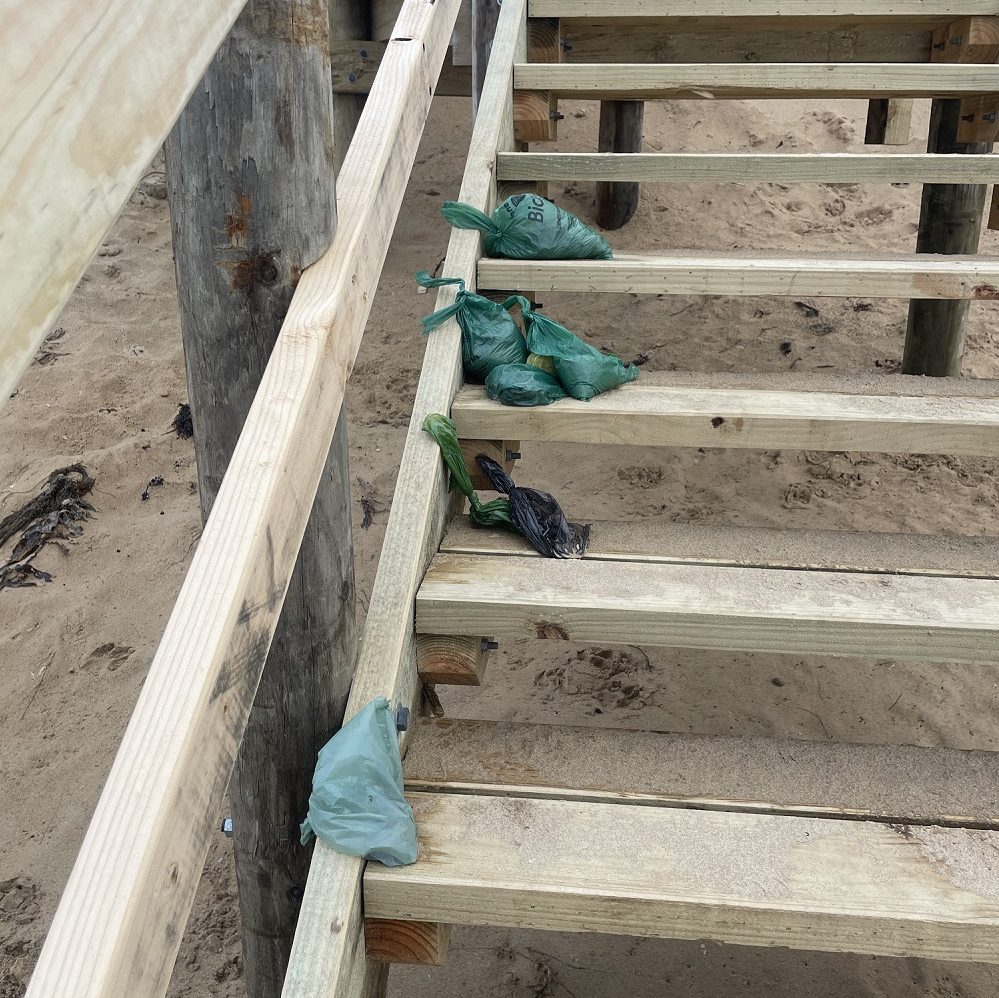
How you can help
- Pick up after your dog and dispose of your dog’s waste in a bin or take it home
- Be aware of where your dog is and what it is doing
- Be the voice for our wildlife and educate others
Learn more
Click any of the buttons below to explore resources and further information.